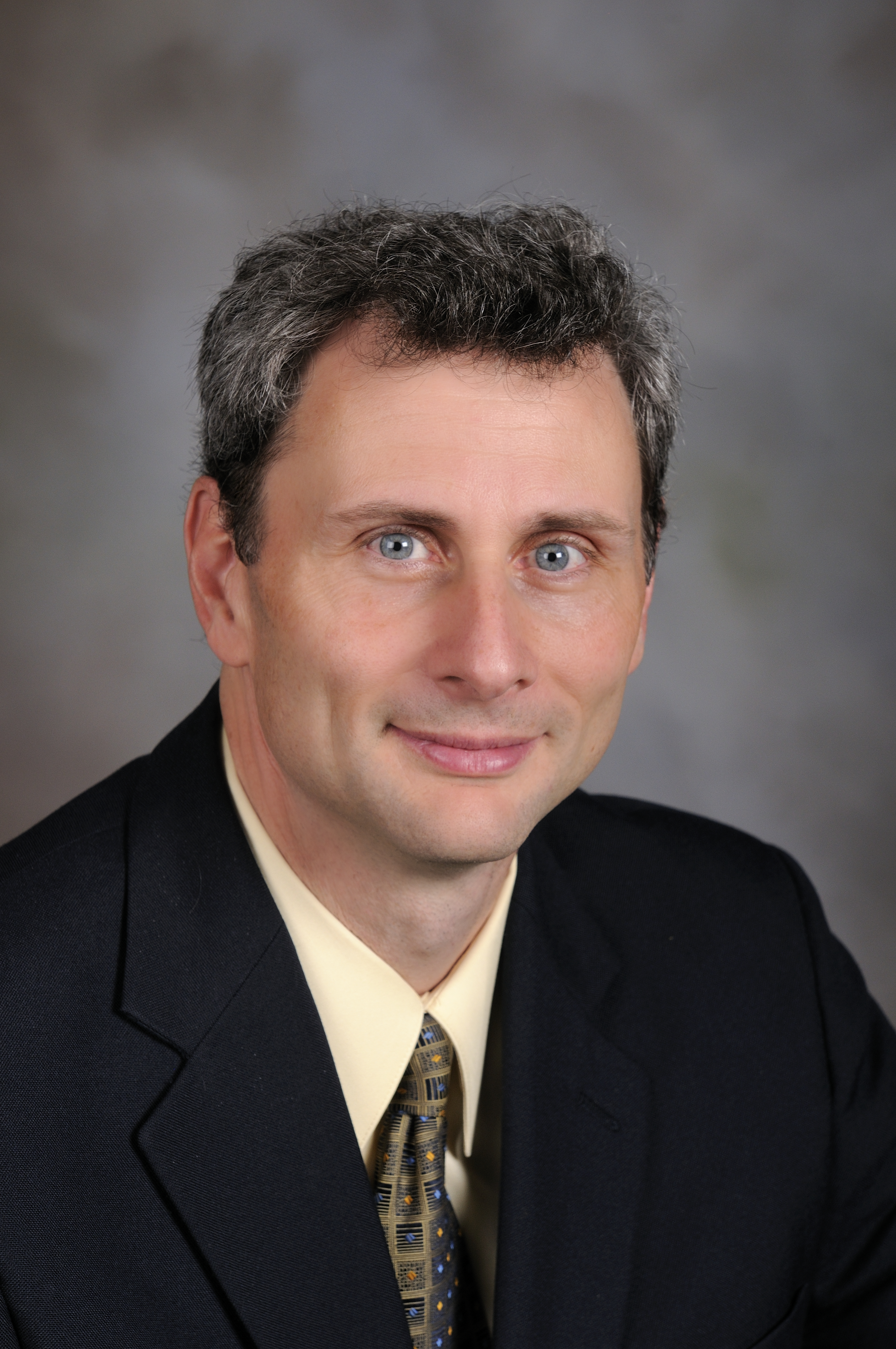Air Force grant to support study of new class of materials using biological molecules for advanced energy devices

Virginia Tech has received a $3.75 million grant from the Air Force Office of Scientific Research to study the development of a new class of materials that uses biological molecules for sensors, actuators, and energy conversion devices.
The research, led by Donald Leo, professor of mechanical engineering in the College of Engineering and vice president and executive director of the National Capital Region, will focus on ways to model, test, and fabricate materials that utilize a special class of biomolecule -- ion channels -- to impart new functionality into advanced devices.
"Nature has created a fantastic array of nanoscale machines and this grant will not only help us understand the biological mechanisms that control these nanoscale machines, but also understand how we can incorporate these molecules into new types of engineering devices that mimic the hierarchical function of cells, tissues, and organs," Leo said.
Leo said the interdisciplinary nature of the project funded by the Air Force grant requires researchers with diverse expertise. His team for the project includes Sergei Sukharev of the University of Maryland, an expert on the isolation, genetic modification, and testing of mechanosensitive ion channels; Narayan Aluru of the University of Illinois, a leader in the development of multiscale computational models, who will work to understand underlying physics of the biomolecules and how they can be exploited to develop new devices; and Andy Sarles of the University of Tennessee, who will be responsible for making arrays of individual cells that can mimic higher-order functionality of biological systems.
Leo said that Sarles helped develop many of the techniques used to create biomolecular materials while he was doctoral student at Virginia Tech. Sarles earned both a master’s degree and a Ph.D. in mechanical engineering from Virginia Tech, in 2006 and 2010 respectively.
Leo recently founded the Biomolecular Materials and Systems Laboratory, located in the Institute for Critical Technology and Applied Science II, to pursue a broad array of research topics in this field.
"We are thankful for the investment by the institute in our laboratory facilities, and are pleased to see that these investments are already paying dividends," said Leo.




